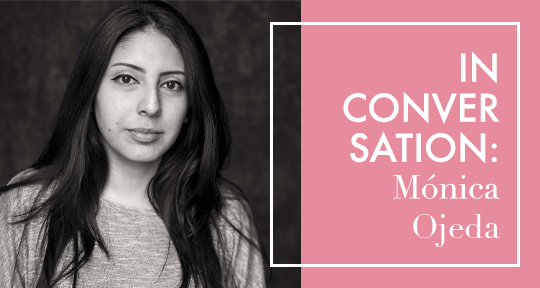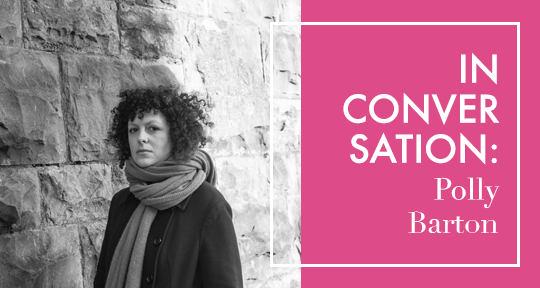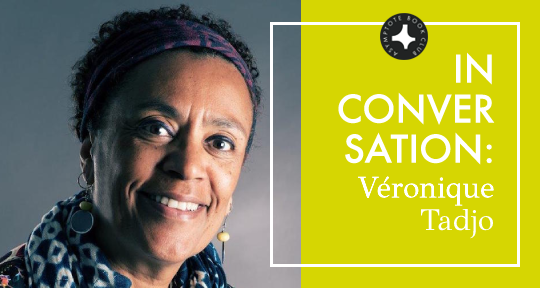Antiquity by Hanna Johansson, translated from the Swedish by Kira Josefsson, Catapult, 2024
“Where were they?” asks the nameless protagonist of Antiquity, Hanna Johansson’s gorgeous, lacerating debut novel, translated from the Swedish by Kira Josefsson. She is interrogating the lack of cemeteries in Ermoupoli, a luxurious Greek city where she spends her summer with Helena, a chic and volatile artist with whom the narrator is infatuated, and Helena’s sixteen-year-old daughter, Olga. In a city where “the dead should be more numerous than the living”, there seems to be no trace of “such monuments, not even a site for simple graves, no memorial grove in the little park in front of Saint Nicholas Church where the cats slept in the shade of the pine trees.” “Where are they?” she asks of both cemeteries and the dead, not realizing that it is she who haunts the suggestively-named Persefonis—“the short street where Helena’s house was wedged between an alley and a ruin”. Ever on the margins of life, of human relationships, the spectral narrator might touch other things and people, but she never leaves a trace. Throughout the novel, the wounded lament of this reluctant nomad begins to haunt us, too. And this is not only because she is undone by the very skill that enables her to tell a story—narrating—but because Johansson’s creation, in Josefsson’s translation, reminds us of our own tendency to narrativize life, to write ourselves out of the intimate joy of immediate experience by stepping back and fiddling with the details, fashioning an ideal self.
Antiquity feels destined to be a classic, as multifaceted, revealing, and transformative as works by Dostoyevsky, Mann, and Nabokov. Its power comes from its vulnerable, gorgeous prose, replete with lush images, and also from its structural sophistication—a complete convergence of shape and themes. The textual body of the novel is a monument to the clash between the natural flow of life and its narrativized counterpart, felt through the temporal textures of the story, its narratological conflict. In narratological terms, the novel’s fabula—its narrated structure—opens at the end of its syuzhet—its chronological timeline: the narrator, Helena, and Olga are leaving Ermoupoli, heading towards an inevitable separation. As they depart in a ferry, the narrator says: “I could hear my own voice narrating: the sun was so strong you always had to squint a little. I felt reality take its leave of me. I wasn’t there.” From the very start, it is clear that the novel’s tension will emerge from the ebb and flow between the lived truth and the narrator’s censorial customization of real experiences as a constructing of the self. This becomes especially palpable in the chafing of the chronological flow of events against the narrator’s private perception of time. Her narration moves backward and forward in time, then further backward still, only to reemerge somewhere after the middle and then proceed all the way to the end—that is, the beginning. The unpredictability of the temporal jumps precludes anticipation but heightens the sense of foreboding with which the beginning’s manifestly melancholy departure taints all subsequent pages; as in a Greek tragedy, the reader can sense the protagonist hurtling towards a bitter end. READ MORE…








